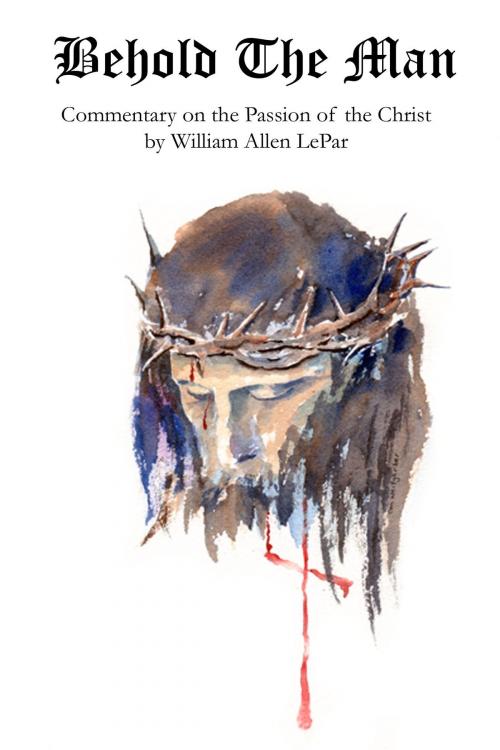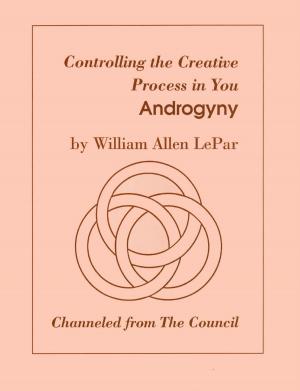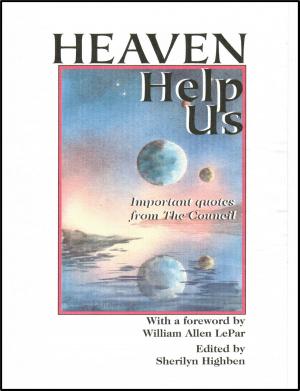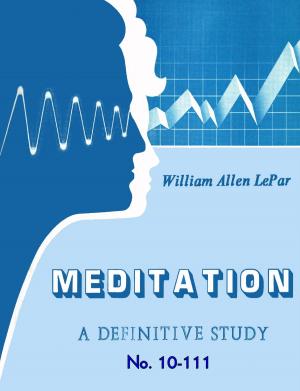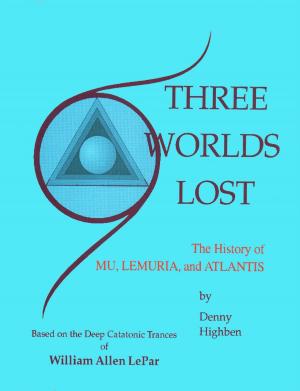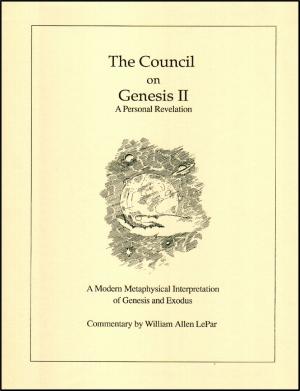Behold The Man
Nonfiction, Religion & Spirituality, Christianity, General Christianity, Bible & Bible Studies| Author: | William LePar | ISBN: | 9781370538065 |
| Publisher: | William LePar | Publication: | October 24, 2017 |
| Imprint: | Smashwords Edition | Language: | English |
| Author: | William LePar |
| ISBN: | 9781370538065 |
| Publisher: | William LePar |
| Publication: | October 24, 2017 |
| Imprint: | Smashwords Edition |
| Language: | English |
This short book is a commentary on the passion of Christ. The humanity of Christ speaks to us from the cross, not His divinity. Had he suffered not as a human but as God, with the knowledge of the universe, His life would be of no consequence. His struggles would be all false. He could have called on any kind of power He had to, to be able to endure struggles, so it would have been no example to us. At least it would have been an unfair example. It would have been a falsehood. That is why the Church does not recognize some of the apocryphal writings. They give you a hero instead of a human being, and the whole point of understanding Christ is that He was first a man. That is the only way God’s infusion into the material form can mean anything. If a full-fledged God came into the material form and had all those powers and could change the rules, simply at will, that would not be fair to us. So when you see Him at a point where He is fearful and He doubts, that is His humanness. The point is to recognize the fact that He was afraid that God had abandoned Him. But the point that is supposed to be made with us is that even though He went through that period of fear and doubt, He still went beyond that and relied on the faith.
This short book is a commentary on the passion of Christ. The humanity of Christ speaks to us from the cross, not His divinity. Had he suffered not as a human but as God, with the knowledge of the universe, His life would be of no consequence. His struggles would be all false. He could have called on any kind of power He had to, to be able to endure struggles, so it would have been no example to us. At least it would have been an unfair example. It would have been a falsehood. That is why the Church does not recognize some of the apocryphal writings. They give you a hero instead of a human being, and the whole point of understanding Christ is that He was first a man. That is the only way God’s infusion into the material form can mean anything. If a full-fledged God came into the material form and had all those powers and could change the rules, simply at will, that would not be fair to us. So when you see Him at a point where He is fearful and He doubts, that is His humanness. The point is to recognize the fact that He was afraid that God had abandoned Him. But the point that is supposed to be made with us is that even though He went through that period of fear and doubt, He still went beyond that and relied on the faith.
